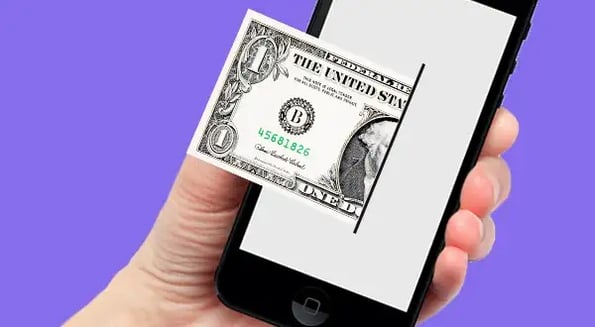Mobile bank Varo just won approval from the FDIC to receive deposit insurance, becoming the first mobile bank to do so.

For the 5-year-old fintech startup, it’s the first step towards becoming a full-fledged digital bank that can hold cash, give loans, and create credit cards. Now, Varo is winning the mobile bank race, but…
It still has a long way to go
Varo cleared a major hurdle by getting the FDIC’s blessing, but still needs approval from the Office of the Comptroller of the Currency (OCC) and the Federal Reserve.
Plus, the startup has already spent 3 years — and ~$100m — getting to the point it’s at today.
Why is it so challenging to become a challenger bank?
A number of fintech firms such as Revolut, N26, Moven, and Square have dipped their toes into banking, but they’ve had to navigate huge amounts of red tape.
Regulators say they’ve been reluctant to give out licenses to prevent fintech companies from taking reckless moves with customers’ money.
But another reason there are no new banks is that old banks have lobbied aggressively to keep them out of the club.
Big Banking put its mouth where its money is
When the OCC developed a process for startups to get banking licenses, big banks complained — and a federal judge blocked the licensing program.
Forced back to the drawing board, fintech startups had to find banking partners to stay afloat.
Despite being independent in their home markets, UK-based Monzo Monzo and Germany-based N26 both partnered with American vault-and-teller banks to operate in the US. Even tech giants weren’t exempt: Apple partnered with Goldman Sachs and Google with Citi to enter the banking biz.
Varo partnered with the Bancorp Bank, but also continued working with federal agencies to find a way to operate independently.
Now it’s a race to the finish
Varo must now clear its final few hurdles to become fully functional.
Meanwhile, Big Banks are using their borrowed time to build out their own online banks to edge out their online rivals. Goldman Sachs launched its online bank Marcus in 2016. In 2018, Wells Fargo followed up with an app called Greenhouse, and JPMorgan Chase launched its own app (which has already fizzled out) called Finn.
